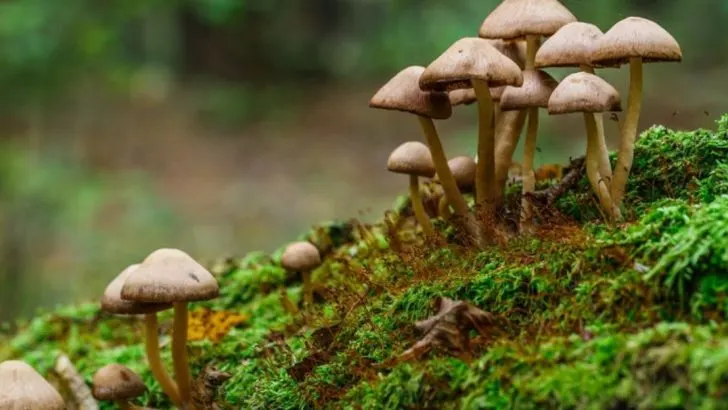At first, I pulled them out. Mushrooms in the veggie bed seemed like a problem—too damp, maybe even dangerous. But the more I observed, the more I realized: these fungi weren’t intruders. They were healers, quietly working beneath the surface.
Mushrooms help break down organic matter, release trapped nutrients, and form crucial mycorrhizal partnerships with plant roots. They stabilize moisture, build structure in the soil, and even suppress harmful microbes. Since I stopped removing them, my vegetables have grown stronger, more resilient, and oddly… more flavorful.
In this article, I’ll share how letting mushrooms stay transformed my soil health, which species are safe to welcome, and why your garden might need a little more fungus, not less.
Natural Soil Aerators
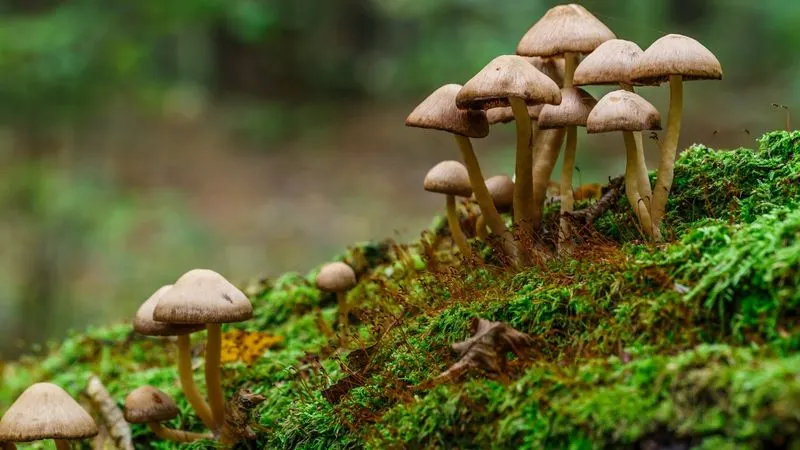
Mushrooms have an uncanny ability to aerate the soil. Their underground network of mycelium weaves through the earth, creating channels that allow air, water, and nutrients to penetrate more deeply. This natural process fosters healthier root systems for your vegetables. Consider them the earth’s underappreciated tillers, tirelessly working to improve soil structure.
Much like a good friend who knows how to get the conversation flowing at a party, mushrooms ensure that essential elements circulate freely underground. Their presence can eventually lead to increased vegetable yields, as plants are better able to access the nutrients they need to flourish.
Nutrient Cycling Partners
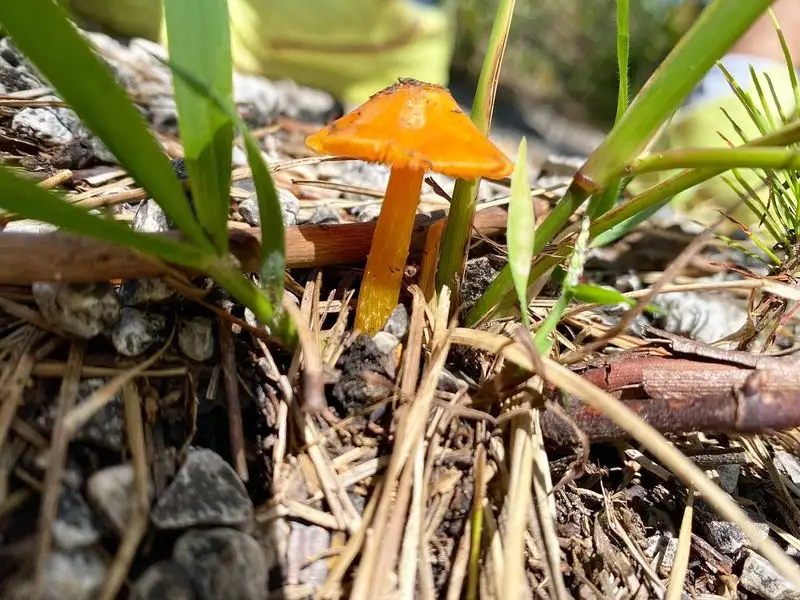
The cycle of life in a garden is a beautiful thing, and mushrooms play a crucial role in it. They break down organic matter, releasing nutrients back into the soil. This decomposition process enriches the earth, providing a more fertile environment for your vegetables.
Visualize them as the ultimate recyclers, turning yesterday’s waste into tomorrow’s nourishment. Their unassuming yet vital work ensures that nothing goes to waste, creating a thriving ecosystem where plants can flourish. By allowing mushrooms to do their job, gardeners can witness an uptick in the vitality of their vegetable patches.
Natural Pest Deterrents
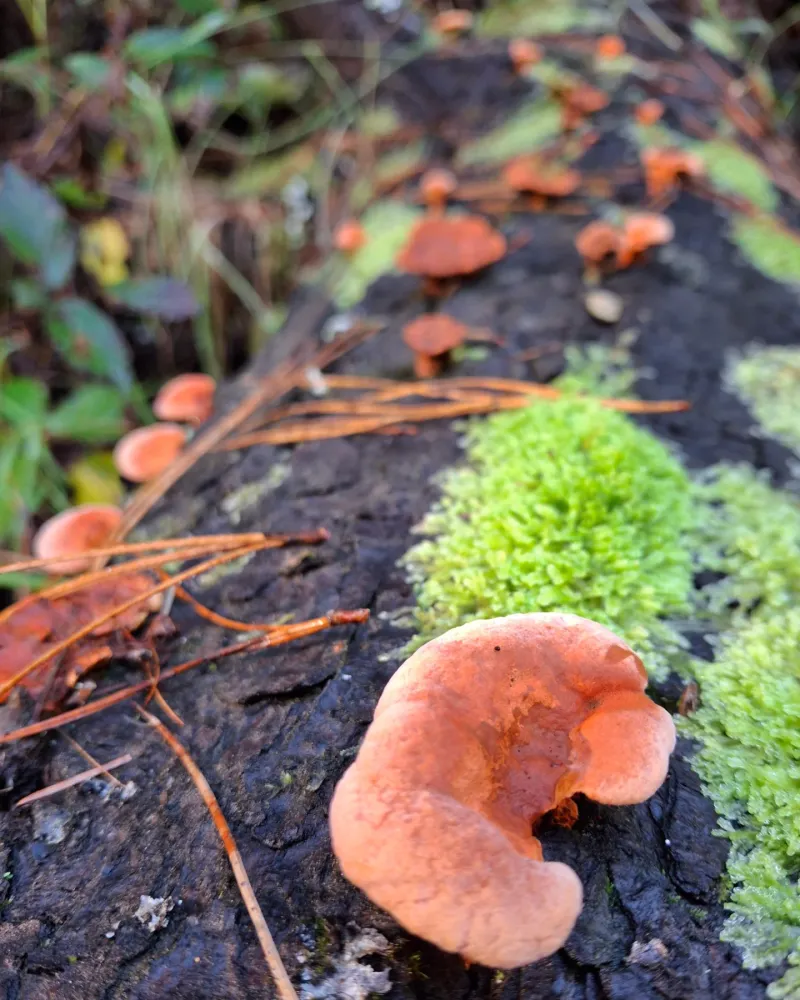
Mushrooms bring a surprising advantage to the garden arena – pest control. Certain types of fungi release compounds that deter or even eliminate unwanted insects. Think of them as the silent protectors, vigilantly guarding your crops from potential harm.
While not all mushrooms have this capability, those that do offer a natural alternative to chemical pesticides. Embracing these fungi means fewer pests, healthier vegetables, and a more balanced ecosystem. With their help, you can enjoy a bountiful harvest without resorting to synthetic solutions.
Soil Moisture Retainers
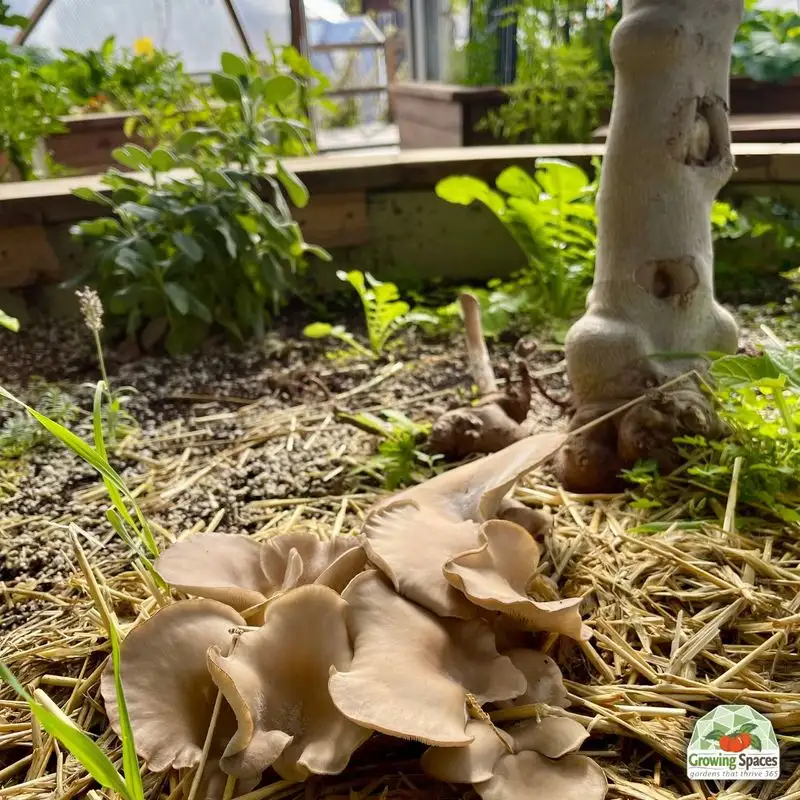
Water conservation is vital in any garden, and mushrooms are natural allies in this endeavor. Their mycelium networks retain moisture in the soil, ensuring that water is available to plants even during dry spells.
Picture them as tiny, diligent water stewards, effectively reducing the need for frequent watering. By maintaining consistent soil moisture levels, mushrooms support the overall health of your vegetables. Their presence is particularly beneficial in areas prone to drought or irregular rainfall, providing a natural buffer against the elements.
Biodiversity Boosters
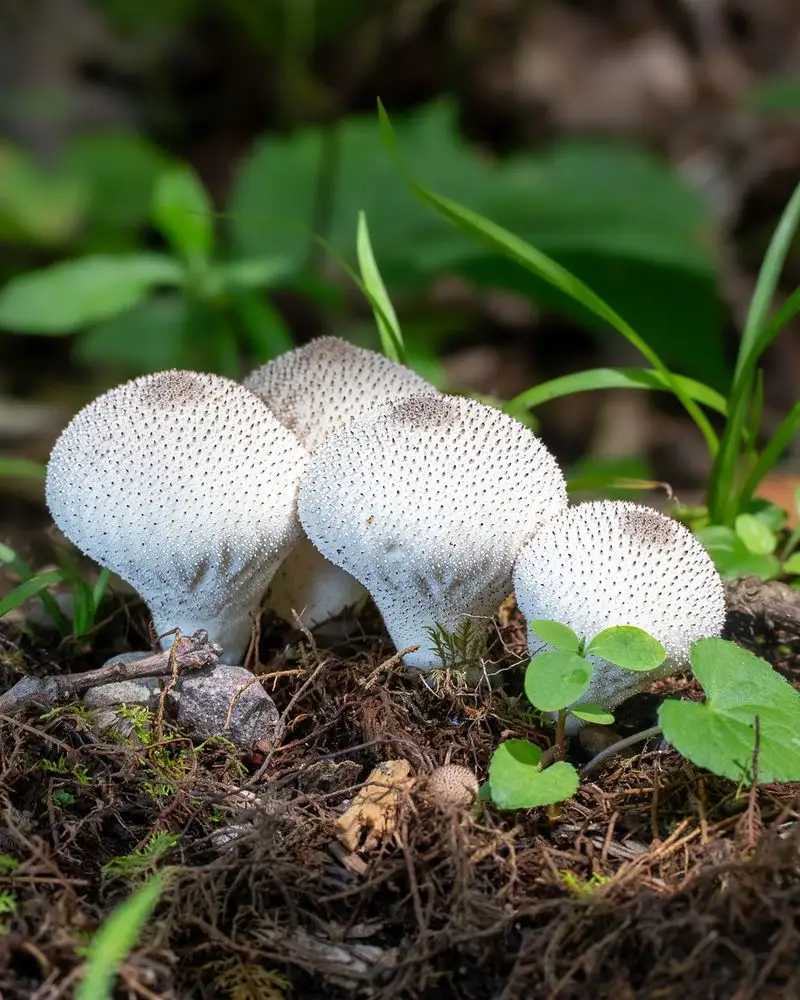
A garden thrives on diversity, and mushrooms are key players in enhancing it. By allowing different fungi to grow, you’re inviting a range of microorganisms that contribute to a balanced ecosystem. This biodiversity helps control diseases and promotes resilient plant growth.
Think of mushrooms as ambassadors of the underground world, fostering partnerships that benefit the entire garden community. Their presence encourages a healthy exchange of nutrients and supports the complex web of life beneath the soil. A garden rich in diversity is a garden poised to prosper.
Soil pH Balancers
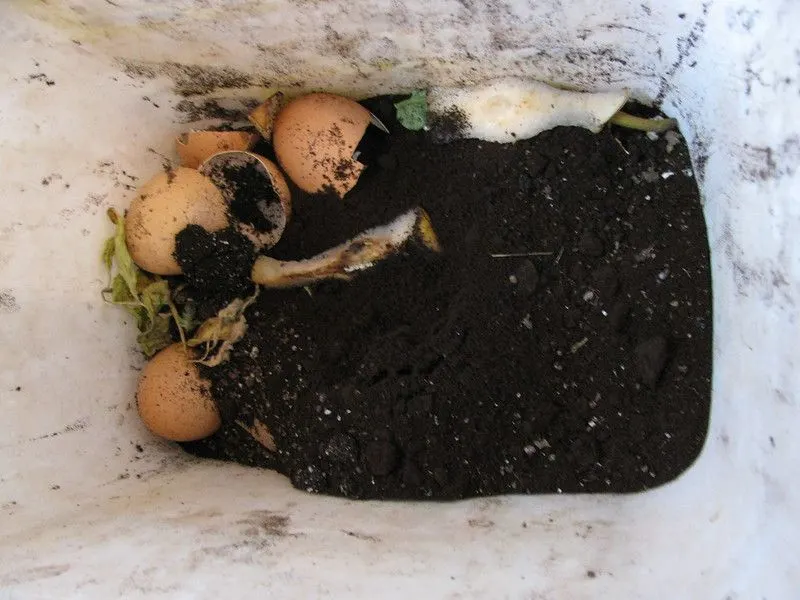
Keeping soil pH levels balanced is crucial for optimal plant growth, and mushrooms offer a helping hand. Through their decomposition of organic materials, they can subtly adjust the pH, creating conditions more conducive to vegetable growth.
Imagine them as nature’s chemists, quietly working to optimize the soil environment. By doing so, they help prevent nutrient lock-up, ensuring that your plants can take up the nutrients they require. This natural balancing act supports healthier vegetables and reduces the need for artificial soil amendments.
Beneficial Mycorrhizal Relationships
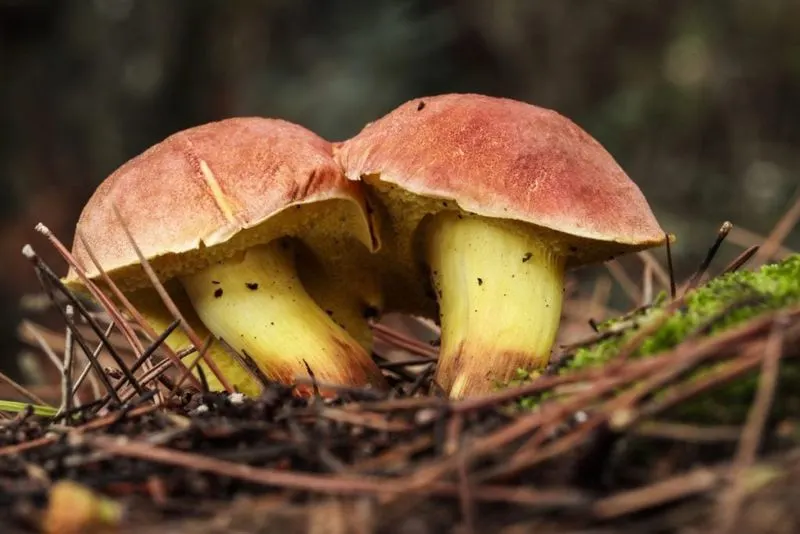
The relationship between mushrooms and plant roots is nothing short of symbiotic magic. Through mycorrhizal associations, mushrooms extend the reach of plant roots, allowing them to access nutrients and water more efficiently.
Consider these fungi as loyal allies, enhancing the resilience and productivity of your vegetable garden. This partnership improves plant health and boosts yields, making mushrooms invaluable companions. By nurturing these connections, you foster an environment where vegetables can thrive with minimal intervention.

